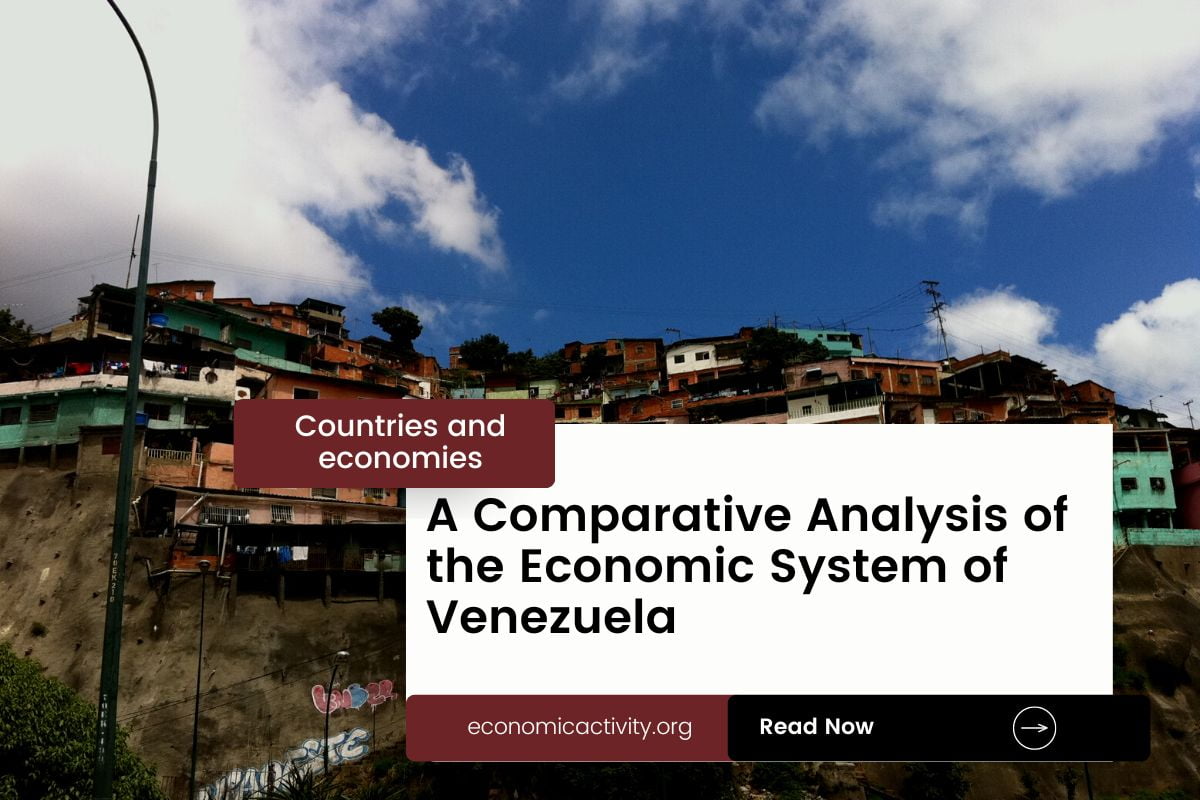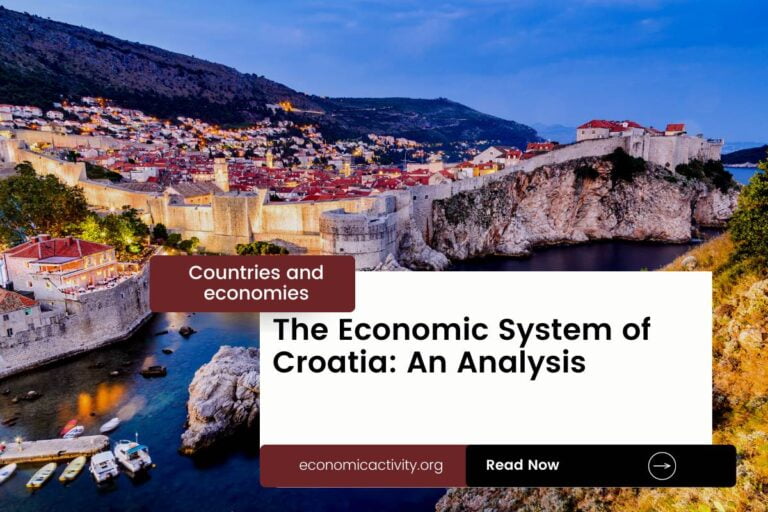What is the economic system of Venezuela? The economy of Venezuela is based on a mixed socialist-oriented market economy. The country’s economic system combines elements of a market economy and a planned economy, but the country even when claimed not to have achieved socialism or communism is building and working toward the establishment of socialism in its territory.
Venezuela’s economy is primarily based on petroleum, which accounts for a significant part of GDP and exports. Other sectors include manufacturing and agriculture. However, the country has faced economic challenges due to political instability and declining oil prices.
In Venezuela, the economy is composed of a private sector, consisting of individuals and businesses that make autonomous decisions based on self-interest, and a public sector, where the state determines the production and distribution of certain goods and services. No country is purely capitalist or purely communist.
What do the freedom indexes tell about the economic system of Venezuela?
Now, to determine if a country is mostly a market economy or a planned economy, it is useful to examine some economic indexes. For instance, according to the 2022 Index of Economic Freedom, which measures the ability of every human to control his own labor and property, Venezuela is ranked 176th globally and 32th in the Americas indicating that the country has a repressed economy.
In a similar way, the 2022 Freedom House index evaluates the state of political rights and civil liberties globally. Generally, market economies tend to align more with democracy and freedom, while command economies tend to be characterized by greater state control and fewer democratic and civil liberty protections. Venezuela gets a score of 14/100, which qualifies it as Not Free.
Venezuela is a country where the government controls what people do for political reasons, and people have limited freedom to choose (what, how much, and how to produce, whether to buy or not, selling price, etc.)
The Link Between Public Sector Employment and the Economic System of Venezuela
An indicator of the extent to which the State is involved in the economy is the number of public sector employees. In Venezuela, according to ILOSTAT, the number of public sector employees as a percentage of the total workforce is 24.3% (2020).
Mixed socialist-oriented economies are characterized by central planning and state control over most economic activity. In such economies, the government tends to be the largest employer, and the number of public sector employees as a percentage of the total workforce is higher.
What do the biggest companies in Venezuela say about the country’s economic system?
The biggest company in Venezuela should also be looked at, as well as whether it is a state-owned or private company. In this case, PDVSA is an oil and gas company. Its activities primarily involve the exploration, production, refining, and export of oil and natural gas. It plays a central role in the Venezuelan economy as the country has one of the largest oil reserves in the world.
PDVSA is a state-owned company, meaning it’s owned by the government of Venezuela. It shows how the government controls the biggest companies in the country. More
The historical factors that have influenced the economic system of Venezuela
The current mixed economy system of Venezuela is the result of a combination of factors, including the country’s reliance on oil exports, the government’s intervention in the economy since the early 2000s through the governments of Chavez and Maduro, and the effects of globalization.
The government’s intervention has led to an increase in public spending, which has caused inflation and a decrease in the value of the currency. Additionally, the country’s reliance on oil exports has caused a decrease in the value of the currency, leading to a decrease in purchasing power.
Most of the economic activities in the country are influenced directly or indirectly by the government through restrictions, subsidies, quotas, etc. severely affecting private liberties.





Leave a Reply